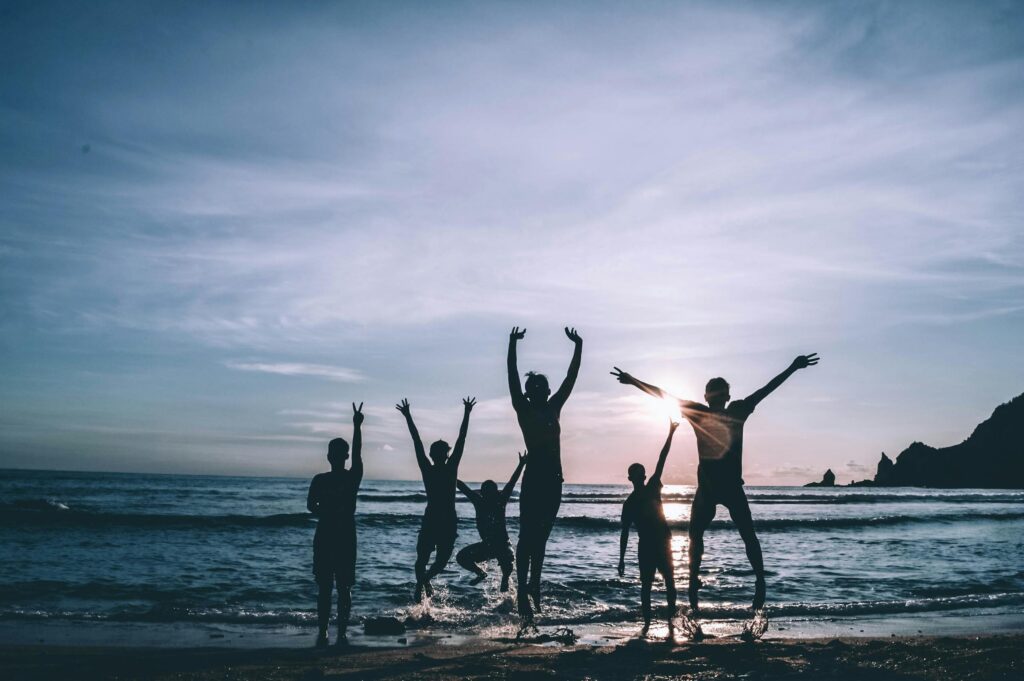Summary:
- Embrace a sober spring break by planning activities that promote fun and wellness without the need for alcohol.
- Discover practical strategies for staying sober during spring break, enhancing your experience and maintaining your recovery.
- Learn to navigate social situations and peer pressure while enjoying a sober vacation.
- Gain insights on choosing destinations and companions that support your sobriety goals.
- Understand the benefits of a sober vacation for long-term recovery and personal growth.
Introduction:
Spring break is traditionally a time for relaxation and fun, often accompanied by the temptation of alcohol, especially for college students and young adults. However, choosing a sober spring break can be a rewarding experience that aligns with a lifestyle of recovery and wellness. But how can you ensure your vacation remains alcohol-free and enjoyable?

Planning Your Sober Spring Break:
- Choose the Right Destination: Select a location that is not heavily associated with party culture. Nature retreats, wellness resorts, or cultural tours can offer fulfilling experiences without the prevalence of alcohol. How can the destination enhance your sobriety rather than challenge it?
- Travel with Supportive Friends: Surround yourself with friends who respect your decision to stay sober and are willing to help you maintain your recovery journey. How important is it to have supportive companions on a sober vacation?
- Plan Engaging Activities: Fill your itinerary with activities that keep you active and engaged. Whether it’s hiking, snorkeling, visiting museums, or yoga classes, staying busy helps divert attention from drinking. What types of activities can enrich your experience while supporting sobriety?
- Prepare for Triggers: Identify potential triggers that might arise during your trip. Have a plan for how you’ll handle situations where alcohol is present. Why is it crucial to have coping strategies ready?
- Connect with Local Support Groups: Look for meeting times and locations for support groups such as AA or sober community events at your destination. How can connecting with others in recovery enhance your trip?
17 Tips for Staying Sober During Spring Break:
- Start Each Day with a Plan: Knowing your schedule from morning to night can reduce downtime, which might lead to temptation.
- Bring Non-Alcoholic Drinks: Stock up on fun non-alcoholic beverages to enjoy throughout your break.
- Use a Buddy System: Always have someone who knows your goals and can offer immediate support.
- Celebrate Your Sobriety: Treat yourself to a spa day or a special meal to celebrate your commitment to staying sober.
- Stay Connected with Your Support Network: Regular check-ins with your sponsor or recovery mentor can provide additional encouragement and accountability.
- Be Honest with Peers: Clearly communicate your sobriety to any new acquaintances or friends.
- Practice Self-Care: Ensure you get enough sleep, eat well, and manage stress through meditation or journaling.
- Focus on Your Health: Engage in regular exercise, which can boost your mood and keep you focused.
- Explore Sober Tourist Attractions: Prioritize activities where alcohol is not a main focus.
- Attend Sober Events: Many destinations offer sober parties and gatherings that can be fun and alcohol-free.
- Learn Something New: Take a class that interests you, like cooking or surfing.
- Keep a Journal: Document your experiences and how you feel during the trip to reflect on your growth.
- Avoid Known Risky Environments: Steer clear of bars or clubs that could jeopardize your sobriety.
- Set Daily Intentions: Remind yourself each morning why you are choosing to stay sober.
- Reward Your Progress: Acknowledge your success with small rewards like a souvenir or a new book.
- Seek Professional Help if Needed: Don’t hesitate to reach out to a professional if you feel overwhelmed.
- Plan Your Return: Make sure you have a recovery plan in place for when you return home.
Conclusion:
A sober spring break is not only achievable but can also be an incredibly rewarding way to enjoy your time off while staying true to your recovery goals. By planning ahead and employing these strategies, you can fully enjoy your vacation, free from alcohol, and return home with a sense of accomplishment and perhaps even new sober friendships.
If you’re planning a spring break and need support or resources to ensure it remains sober, please contact Alliance Rehab at 213-513-5463. We are here to support your journey and provide you with the tools needed to maintain your sobriety in any situation.
Choosing a sober vacation can significantly enhance your personal growth and recovery journey, turning what is often seen as a challenge into an opportunity for celebration and self-discovery.



